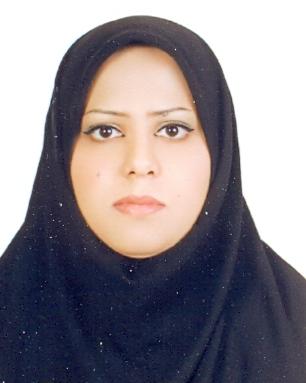Abstract:
Natural gas can be used to produce bulk petrochemicals, but these are relatively small users of the gas reserves. Liquid and other petroleum products are cheaper to transport, market, distribute to large markets. These can be moved in existing pipelines or products tankers and even blended with existing crude oil or product streams. A new technology, which is being developed and applied to convert natural gas to liquids, is the gas to liquids technology (GTL). The projects are scalable, allowing design optimization and application to smaller gas deposits. The key influences on their competitiveness are the cost of capital, operating costs of the plant, feedstock costs, scale and the ability to achieve high utilization rates in production. As a generalization, however, GTL is not competitive against conventional oil production, unless the gas has a low opportunity value and it is not readily transported.
GTL not only adds value, but it is capable of generating products that could be sold or blended into refinery stock as superior products with less pollutants for which there is growing demand. Reflecting its origins as a gas, gas to liquids processes produces diesel fuel with an energy density comparable to conventional diesel, but with a higher octane number, permitting a superior performance engine design. Another problem emission associated with diesel fuel is particulate matter, which is composed of un-burnt carbon and aromatics, and compounds of sulfur. Fine particulates are associated with respiratory problems, while certain complex aromatics have been found to be carcinogenic. Low sulfur content leads to significant reductions in particulate matter that is generated during combustion, and the low aromatic content reduces the toxicity of the particulate matter reflecting in a worldwide trend towards the reduction of sulfur and aromatics in fuel.
|






